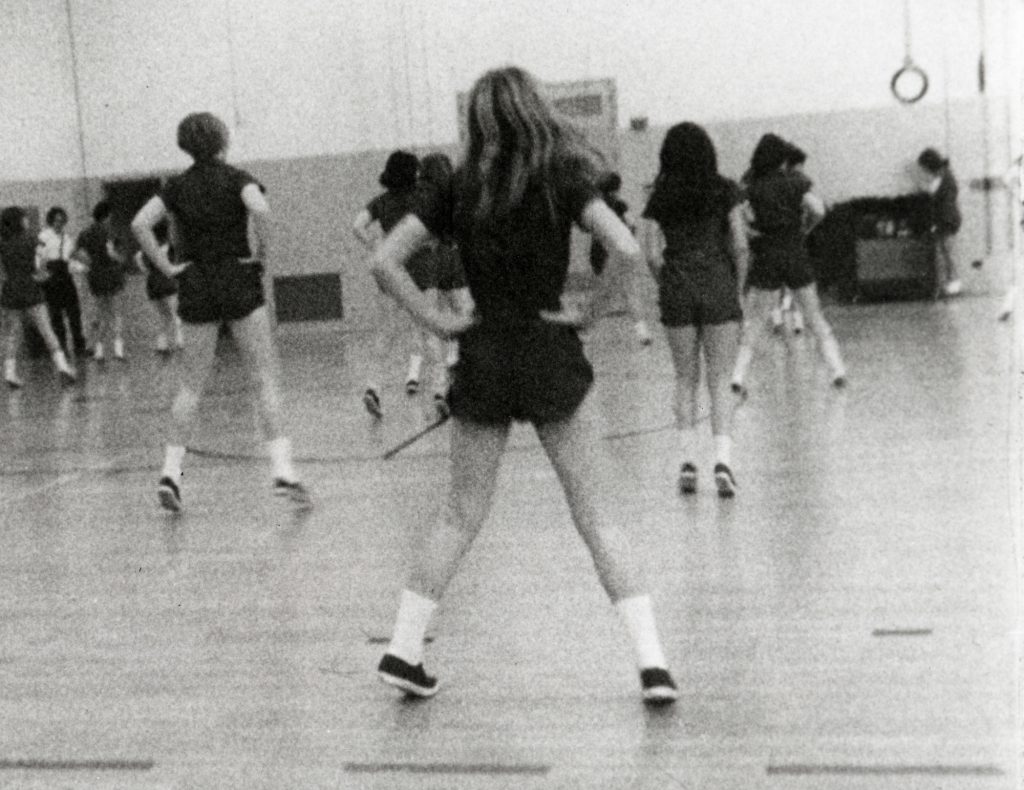This week I watched High School, Frederick Wiseman’s 1968 documentary about a suburban high school in Pennsylvania. I’ve seen some of Wiseman’s more recent work whenever it screened at the Melbourne International Film Festival, but it was pretty fascinating to go back 50 years to one his very first films and realise how little his filmmaking philosophy has changed since. Wiseman’s signature is to create long-form, almost longitudinal studies of social institutions (some of his films include Hospital, National Gallery, Juvenile Court, and Public Housing, and those titles alone give you a sense of the kinds of subjects he’s interested in). He’s a pioneer of “direct cinema”, in which the filmmaker himself (or herself) is not present in the film, does not instigate actions to be captured on camera, does not narrate what’s happening, etc. A direct cinema filmmaker is supposed to be a fly on the wall, “capturing reality as it happens” — reality that would have occurred even if the filmmaker wasn’t there to capture it.
Previously I would have watched a movie like High School and assumed that Wiseman was genuinely acting as a fly on the wall, capturing the minutia of a suburban high school in the late 1960s and presenting that material in a way that accurately reflected what was happening at the school. But now, thanks to everything we’ve discussed in this studio, I watched it with my eye much more attuned to the ethical questions that Wiseman would have contended with while he was shooting it, and especially while he was editing it. I now know that “what was happening at the school” can mean extremely different things depending on your point of view, and how Wiseman chose to present it.
The late 1960s was one of the most turbulent periods of the 20th century, with the U.S. engaged in both the Cold War and the Vietnam War, the civil rights struggle spilling over into violence (the filming period of High School includes the day Martin Luther King, Jr. was assassinated), and the young baby boomers actively rebelling against the old-fashionedness and repression of the previous generation. This was a year after the Summer of Love and a year before Woodstock. Generational tensions, racial oppression, sexual freedom, the devastation of war — all of these subjects are covered in High School, but they are covered with such subtlety that you could easily miss them all. The film is masterfully constructed in the edit: the sequence of shots, how scenes play off one another, how and in which order topics are introduced, all of these things are manipulated to make this a film about much, much more than just a high school. In Werner Herzog’s parlance, Wiseman isn’t a fly on the wall at all, but the hornet that stings.
That Wiseman was able to achieve all this when the form was still in its infancy is really unbelievable, and I don’t think he’s really been given his due. Obviously he’s adored by film nerds and cinephiles, but if there were any justice in the world he’d be as well known as my old mates Werner and Errol.

